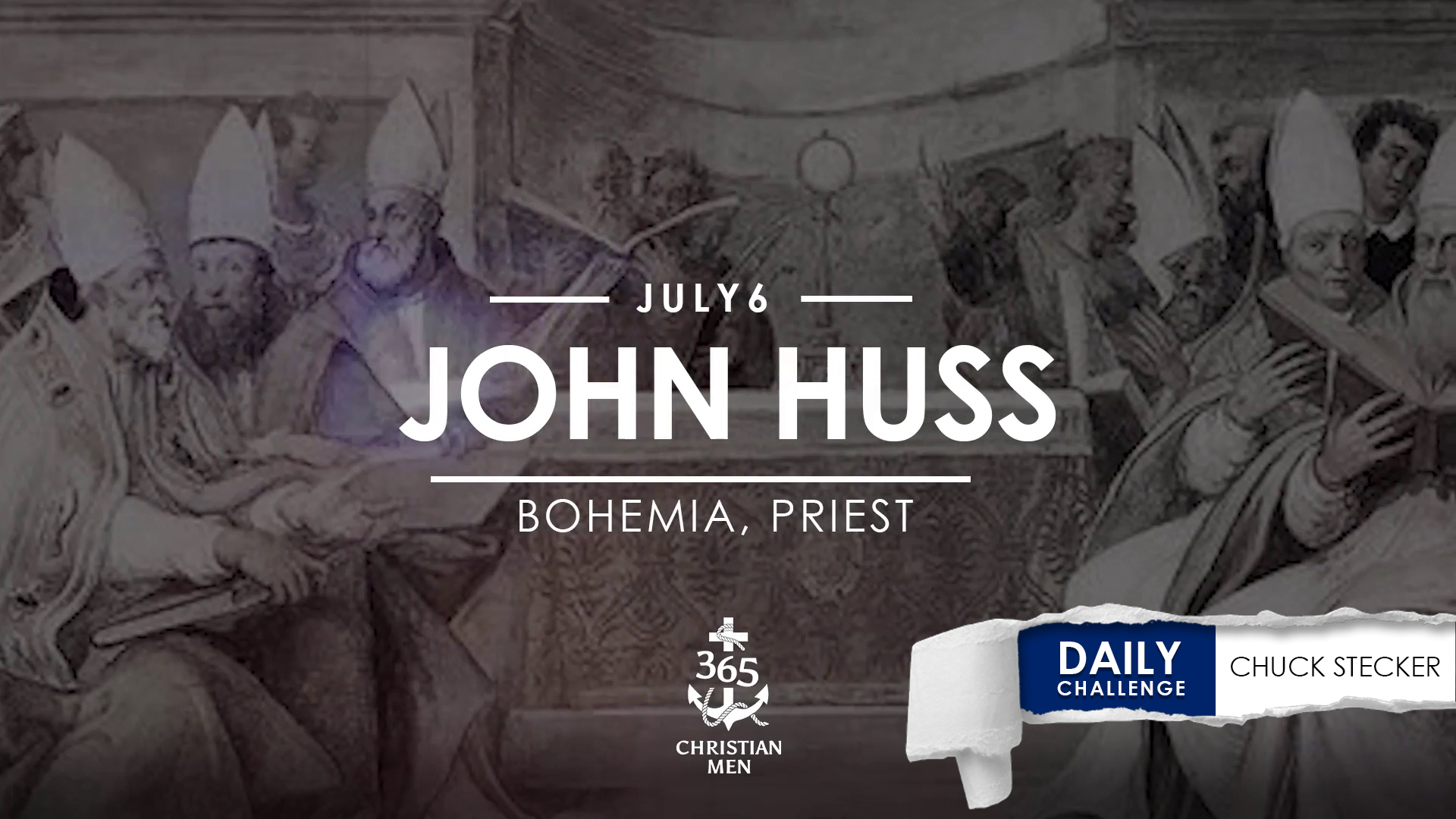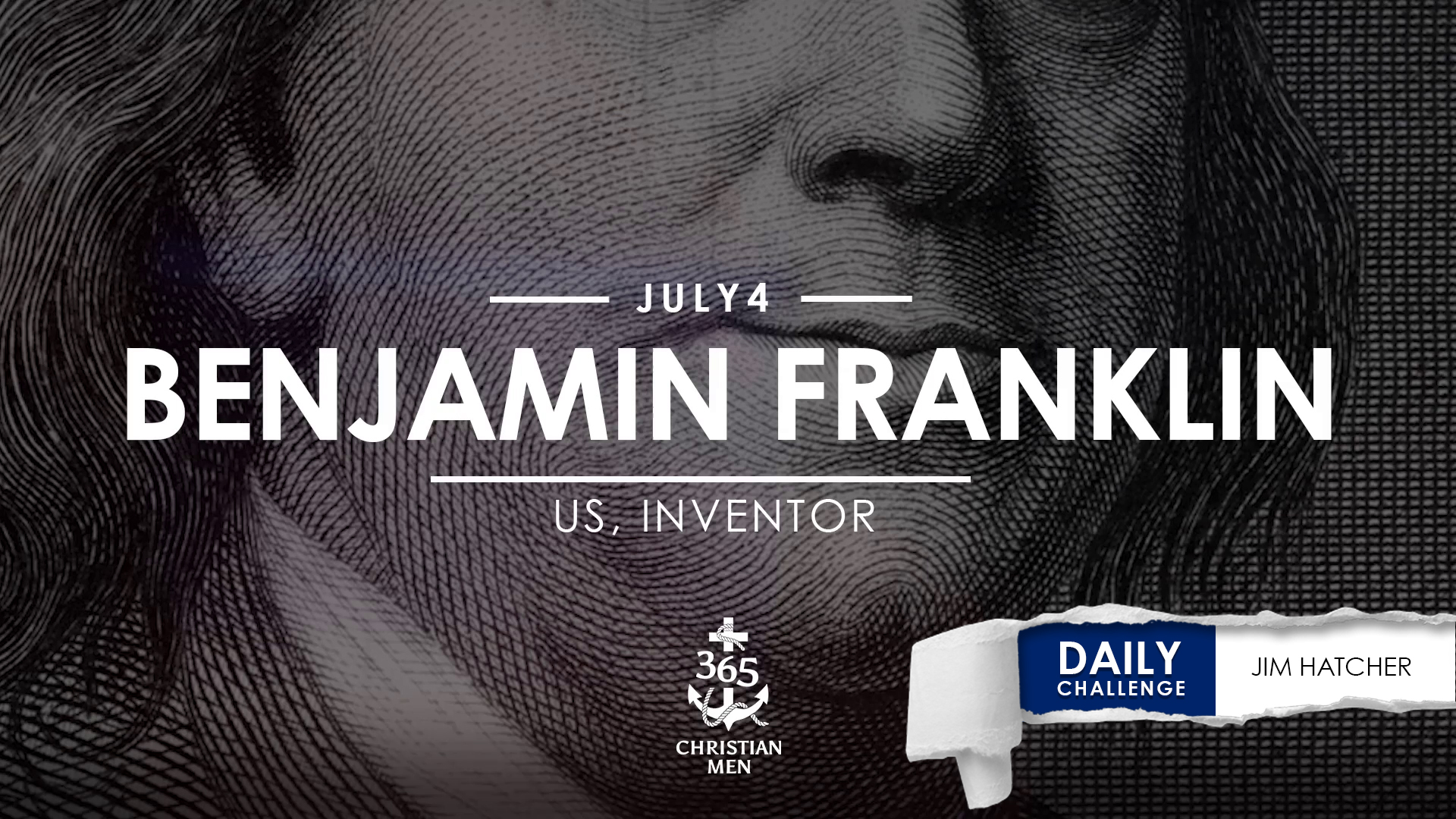July 8. Setan Lee. Setan—the son of a wealthy businessperson and the “youngest student in his medical-school class”—was suddenly arrested for being intellectual. His escape was one miracle after another.
On this date in 1995, Setan founded TransformAsia, which has planted thirty-six churches and built—among other things—a women’s center, Battambang Trade School, David Orphanage Center, Kambour Village Feeding Center, Joy Day Care Center, and multiple Medical Mobile Clinics. They also preach via mass media and distribute rice to many unreached villages in Cambodia.
If your faith is all you have, you have all you need.
Seventeen-year-old Setan was celebrating the Cambodian New Year with his friends. Music and laughter and horseplay filled the Buddhist Temple Square, and children played freely. Partiers sprinkled perfumed water on the temple statues, a Buddhist gesture which was supposed to bring “good luck, long life, and happiness.”
Just then, trucks full of Communist Khmer Rouge soldiers barreled into the square. The black-uniformed soldiers jumped out, screamed, “Enemy” over and over, and fired into the crowd. People screamed and ran and fell and bled and died.
Then the soldiers methodically hunted down the educated people and shot them wholesale. To keep from getting shot, Setan changed into rags. He was put into a youth prison camp and forced to work from four in the morning until midnight.
One day, soldiers hauled Setan and four others out to an open field. They were to be executed.
One at a time—Setan was the last of his friends in his line—soldiers blindfolded them, tied them up, and beat them with sharpened bamboo until they bled out and died.
They screamed and at first begged for mercy, and then they begged for death. In an agonizing panic, Setan cried out, “Lord of the Universe, whoever you are please spare my life!”
But he was stunned. He had no idea how those words came out of his mouth—he had always been a devout Buddhist, who acknowledged no Lord of the Universe.
The executioner untied Setan, pushed him to his knees, and readied the bamboo branch along his neck.
But a loud voice from some unknown place shouted, “Stop.”
The soldier dropped the branch.
Setan had no idea who had spoken, but he was officially no longer a Buddhist. He would now follow the Lord of the Universe—whoever He was. He stood, and he moved.
On battered, bare feet Setan escaped into the jungle. He hid among the leaves and trees, and for days he lived off the land.
From out of nowhere, a poorly dressed man grabbed Setan. He leaned in and whispered, “Do you believe in the Lord of the Universe?”
Setan didn’t know how to respond. The man asked the same question again. Setan remembered the moment before he was to be executed. He looked straight at the man, “I do believe in the Lord of the Universe.”
“His name is Jesus Christ. Would you like to accept him as your Lord and Savior? He will give you eternal life,” the man said. “You and I may not have much time. Any minute now, either of us could step on a landmine and die!”
Now Setan knew who had spared his life. It was Jesus Christ, the Lord of the Universe. The man disappeared, and Setan kept running.
A month went by before he finally saw the white flag of the Red Cross, and a man with outstretched arms welcomed him safely into Thailand. Setan realized the man in the jungle had been a messenger from the Lord of the Universe. Crossing that border was Setan’s first step into the future.
“This I declare about the Lord: He alone is my refuge, my place of safety; he is my God, and I trust him” (Psalm 91:2 NLT).
If your faith is all you have, you have all you need. How can you live it out boldly?
Hoback, Jane. “The Healing Fields As seen in the Rocky Mountain News in 2004.” June 5, 2004. http://www.transformasia.us/all-about-us/meet-our-board-staff/setan-randa-lee/the-healing-fields-part-1/.
Lee, Setan. Miracles In The Forgotten Land And Beyond. Xulon Press, 2010, pp. 42–51.
TransformAsia. “Home page introduction.” http://www.transformasia.us.
Story read by: Chuck Stecker
Introduction read by: Daniel Carpenter
Audio production: Joel Carpenter
Editor: Teresa Crumpton, https://authorspark.org/
Project manager: Blake Mattocks
© 2020, 365 Christian Men, LLC. All rights reserved.














